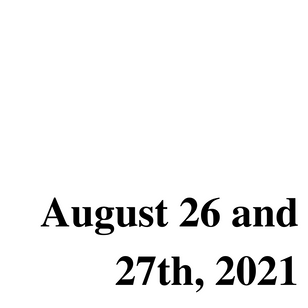Trust & The Public Sphere
Workshop
August 26-27, 2021

Trust is a basic requirement for the creation and maintenance of fundamental social and political institutions, values and beliefs. Indeed, some have gone as far as arguing that cooperation, a necessary component of all of these social projects, is impossible without trust. It is perhaps not all that surprising, then, that trust and its corresponding conceptual correlates (e.g., the absence of trust; distrust/mistrust; trustworthiness; etc.) are important foci for both normative and empirical scholars.
The work on these trust-related concepts reveals a wealth of new and interrelated approaches among scholars along multiple dimensions of interest. For example, scholars disagree about how to describe what trust is and on what it is fundamentally based – is it the assumption of good will, a risk assessment, reliance on shared norms or something else? As a result, views also differ on how trust can be repaired and when trust is justified – what role do historic injustices, different institutional designs, and the respective standpoints of groups within a society play when citizens decide whether to trust or distrust the state and each other? Lastly, there has been increased attention to the normative desirability of trust in circumstances of continued injustice and the duties that are associated with becoming trustworthy.

Along the same lines, even though the scholarship illustrates that these trust-related concepts are connected to numerous fundamental social and political phenomena (e.g., social cohesion; the public good; rights and duties; historic injustice; risk; coercion; inter and intra group relations; etc.), there is significant debate about the nature and scope of these connections, as well as the causal mechanisms at play.
By bringing together philosophers, political theorists and political scientists this workshop aims to identify some of the most recent developments in the literature and highlight numerous challenges associated with the theorization and application of trust-related concepts.
Partners


More on the Topic
 |  |
|---|---|
 |








